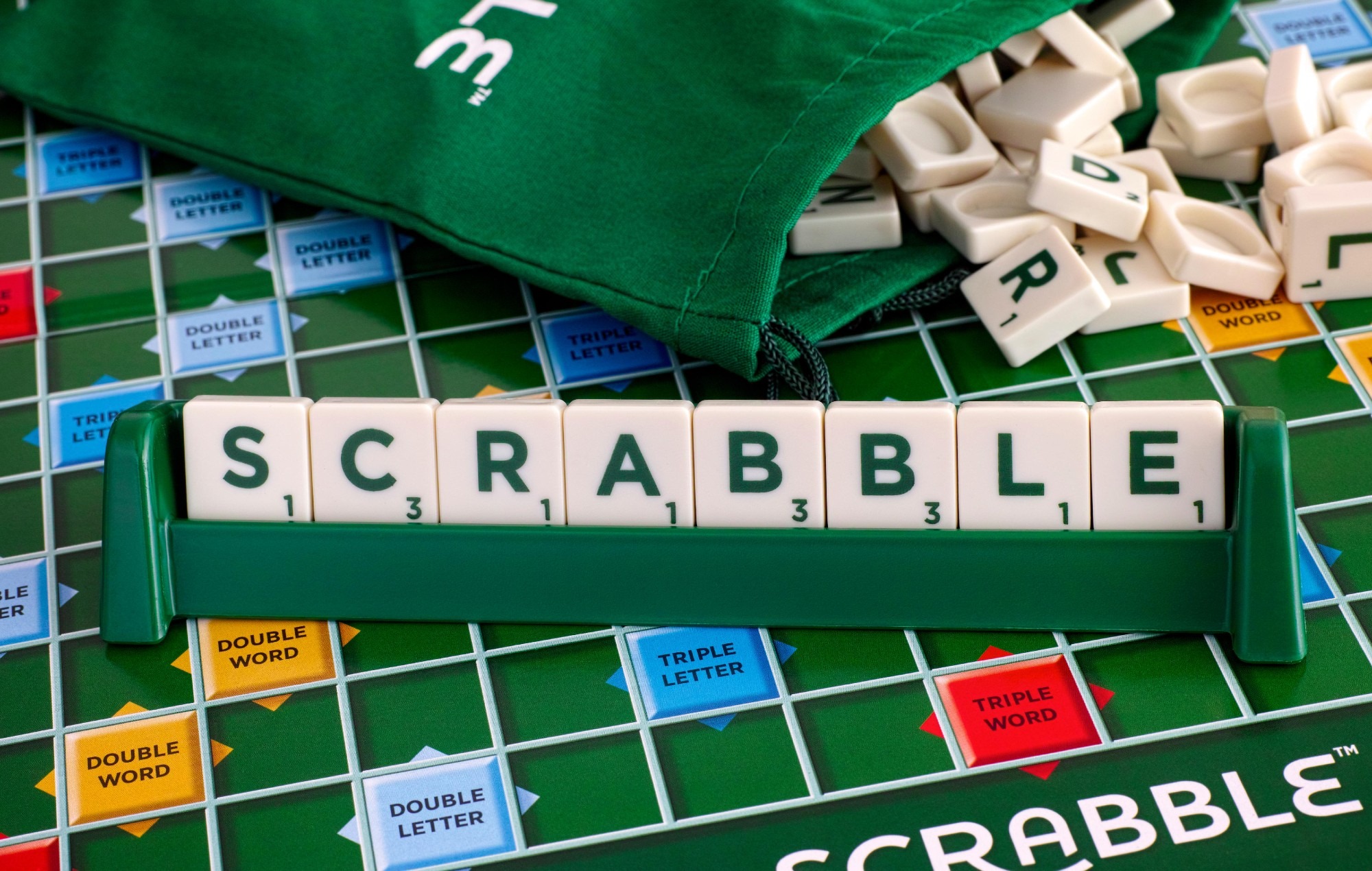Scrabble: The Timeless Classic That Spells Fun

Scrabble, the iconic word game that has been delighting players for over eight decades, continues to captivate minds and challenge vocabularies around the world. With its simple yet ingenious gameplay and emphasis on language skills, Scrabble remains a staple in both casual family gatherings and competitive tournaments. Let’s dive into the rich history, enduring appeal, and strategic depth of this beloved board game.
A Brief History
Scrabble traces its origins back to the Great Depression-era United States when architect Alfred Butts created a game called “Lexiko” in 1931. After several iterations and refinements, the game eventually evolved into Scrabble as we know it today. Butts’ creation caught the attention of entrepreneur James Brunot, who secured the rights to the game and began producing it commercially in the late 1940s.
Scrabble gained widespread popularity in the 1950s and 1960s, thanks in part to enthusiastic endorsements from celebrities and its inclusion in television game shows. Over the years, Scrabble has been translated into multiple languages and adapted into digital formats, ensuring its enduring relevance in an ever-changing gaming landscape.
Gameplay
At its core, Scrabble is a deceptively simple game. Players take turns forming words on a 15×15 grid board using letter tiles, each adorned with a specific point value. The goal is to maximize points by strategically placing tiles to create high-scoring words and utilizing bonus squares on the board. With every turn, players must balance their desire for high-scoring plays with the need to maintain a balanced rack of tiles.
However, Scrabble is more than just a test of vocabulary—it’s also a game of strategy and spatial reasoning. Successful players must consider not only the letters available to them but also the potential moves of their opponents. By blocking access to bonus squares and creating strategic opportunities for themselves, skilled Scrabble players can gain a significant advantage over their rivals.
Educational Benefits
Beyond its entertainment value, Scrabble offers numerous educational benefits. The game promotes literacy, vocabulary expansion, and critical thinking skills, making it an ideal educational tool for players of all ages. Research has shown that regular play can improve spelling, language proficiency, and cognitive abilities, making Scrabble a favorite among educators and parents alike.
Competitive Scene
While Scrabble is often enjoyed as a leisurely pastime, it also boasts a thriving competitive scene. Organized tournaments attract players from around the globe, each vying for prestige, prizes, and the coveted title of Scrabble champion. These events showcase the highest levels of skill and strategy, with players employing advanced tactics and memorization techniques to gain an edge over their opponents.
Enduring Appeal
What sets Scrabble apart from other board games is its timeless appeal. Whether played casually with family and friends or competitively in tournaments, Scrabble offers a rich and rewarding experience that transcends generations. Its blend of strategy, language skills, and social interaction ensures that it remains a favorite pastime for years to come.
In conclusion, Scrabble stands as a testament to the enduring power of games to entertain, educate, and inspire. With its rich history, engaging gameplay, and educational benefits, Scrabble continues to spell fun for players of all ages. So gather your tiles, sharpen your wits, and prepare to embark on a wordy adventure that is sure to leave you spellbound.

